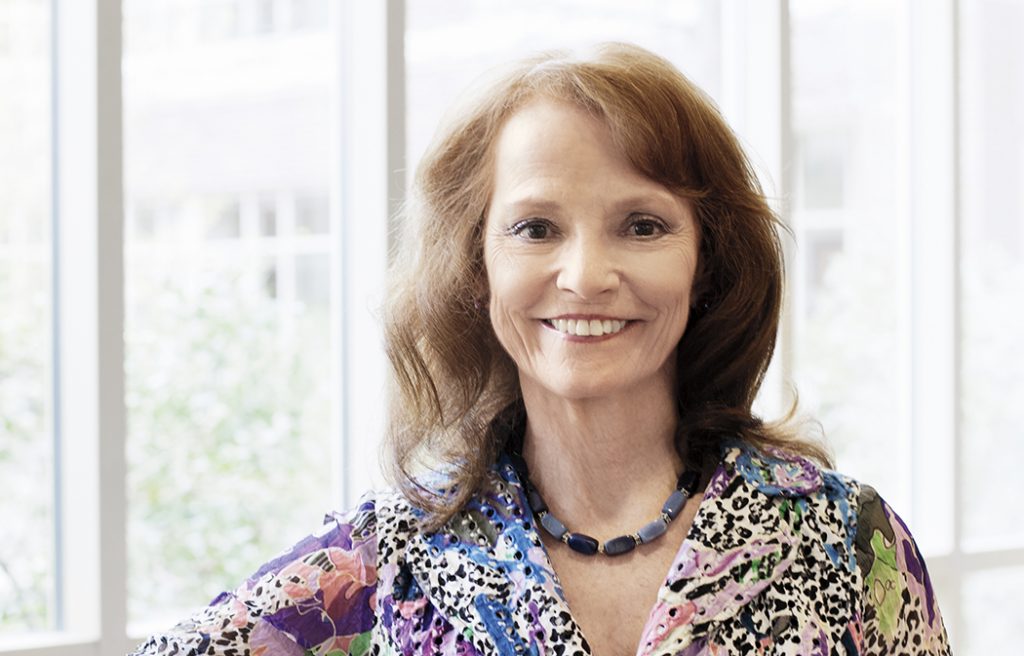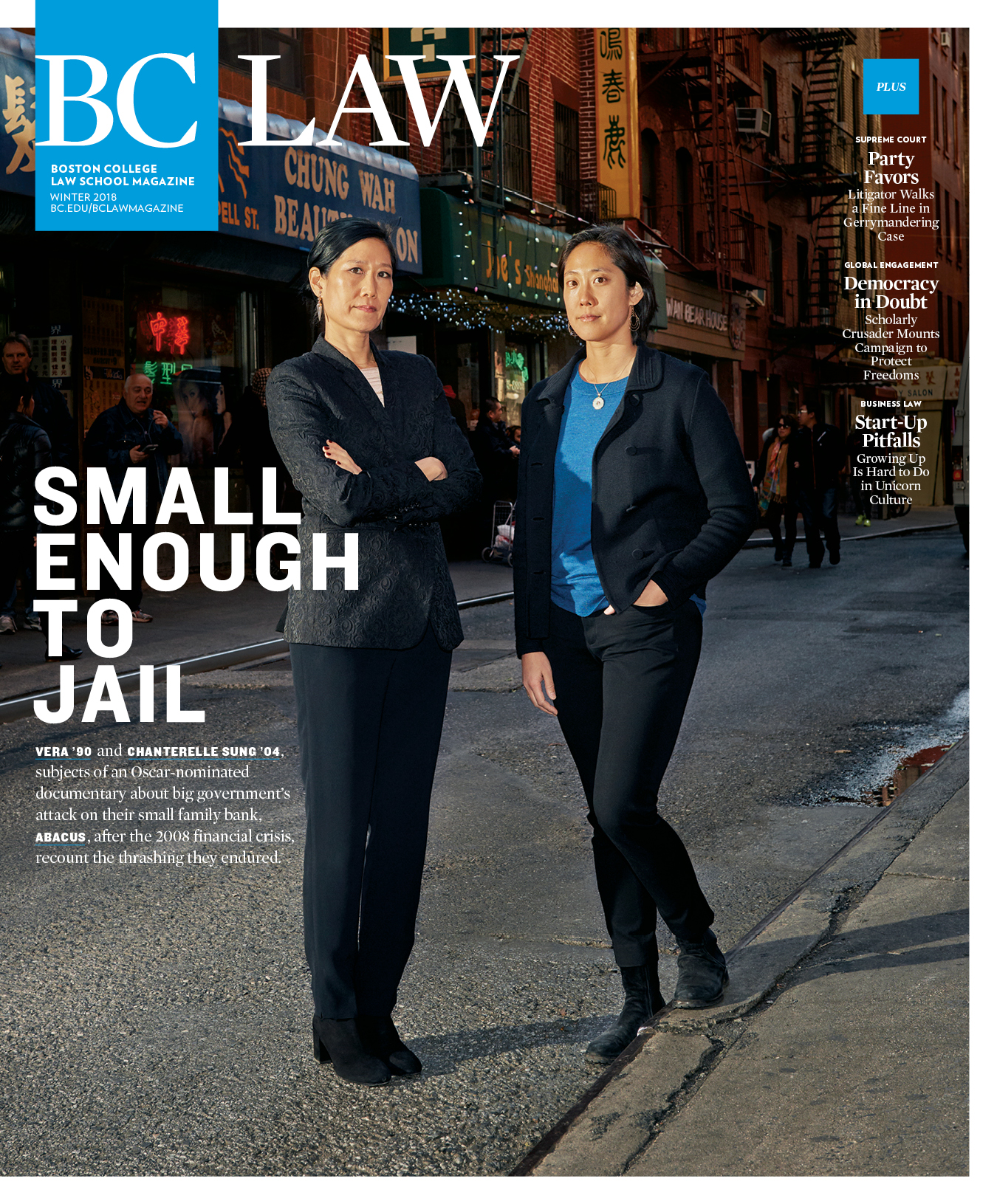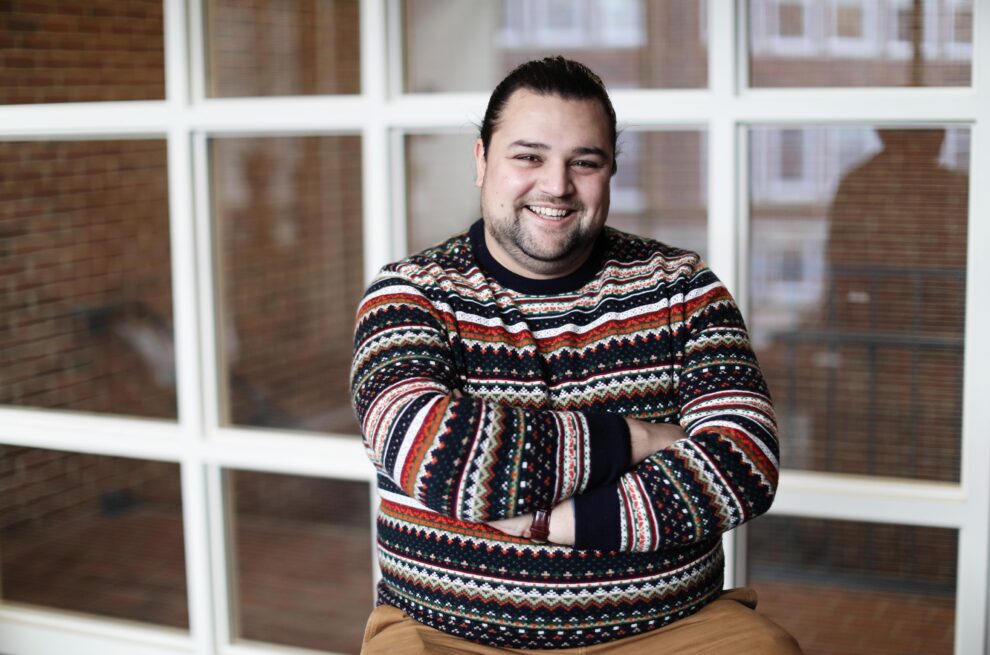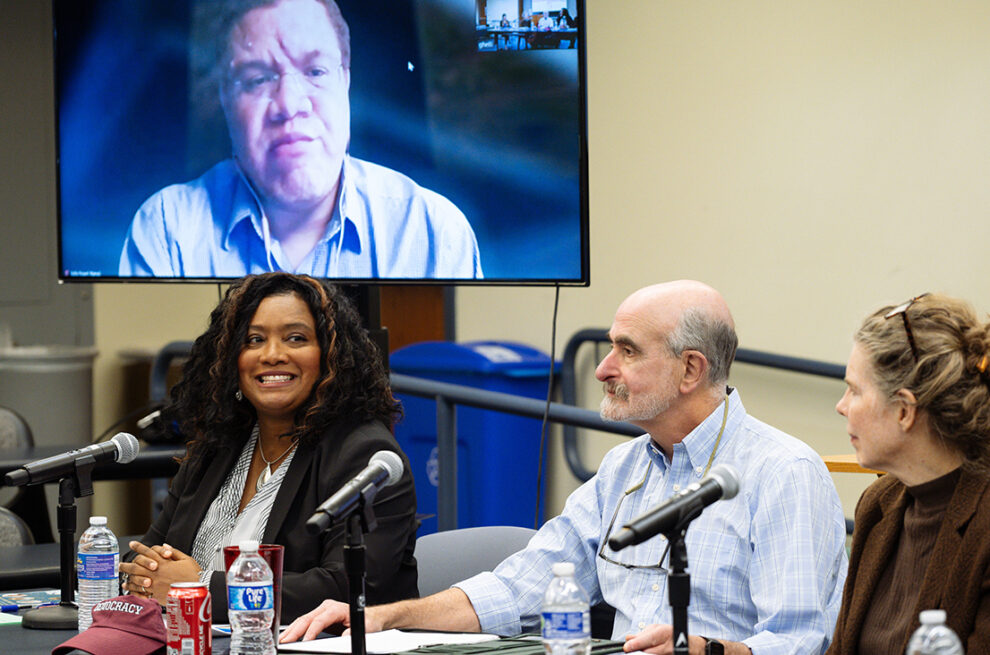This is a time when words are being twisted into all sorts of horrible uses—political propaganda, “fake” news, racist screeds…the list goes on. Not that such literary and verbal barbarism is anything new; history shows these
Add Your Heading Text Here
methods to be lethal across the ages. But this is our age, and to paraphrase Howard Beale’s speech in the movie Network,
Hope that there is a way to modulate the din and rehumanize the national dialog lies, not surprisingly, with the young, in particular with the kind of men and women who comprise BC Law’s newest cohort, the Class of 2020. A review of the admission essays submitted by the 250 1Ls now enrolled, was, in its way, a revelation.
The students have committed to three years of hard labor in the study of the law, an arduous task by any measure. These are not young people looking for the easy way out of anything. Rather, as the personal statements of the majority of them demonstrate—and BC Law alumni know intuitively—they are characteristically inclined to make the world a better place, to find common ground, to root out the bad and replace it with the good.
It is a sweet irony that perhaps the most telling requirement of their law school application is a one-thousand-word narrative. Amid the quantifiable metrics of LSAT and GPA scores, the essay clears a space for the qualifiable, for words, thoughtfully considered and forged into a narrative that requires the authors’ contemplation as well as that of the admission officers deciding their fate. The best personal statements create a silent dialog between the two parties that avoids the rhetorical, eliminates the hubris, and summons the best in human nature—the truth.
“Getting In” is BC Law Magazine’s third time presenting the writings of an entering class. The five voices heard in this issue belong to Jaegun Lee, Danielle Richmond, Jorge Toledo, Samuel Tincher, and Erika Craven. Their paths to law school could not be more different, neither could their histories, personalities, or dreams. They’ve been insiders and outsiders, they’ve suffered indignities and received admiration, they’ve been outspoken and quietly effective, they’ve experienced injustices and championed causes. As Jaegun Lee says, quoting a Korean proverb: “You turn dark in a dark place; white in a white place.”
Clearly, these essayists’ brains work overtime, and so do their hearts. They deserve the last word.
Vicki Sanders, Editor
vicki.sanders@bc.edu
Photograph by Adam DeTour






